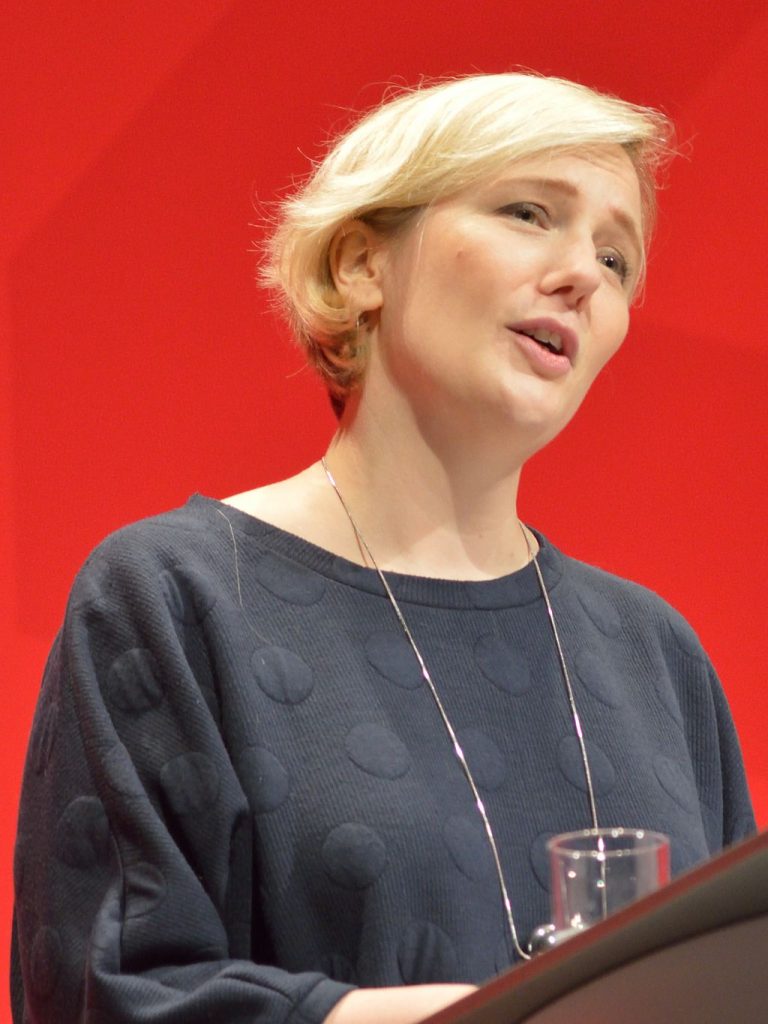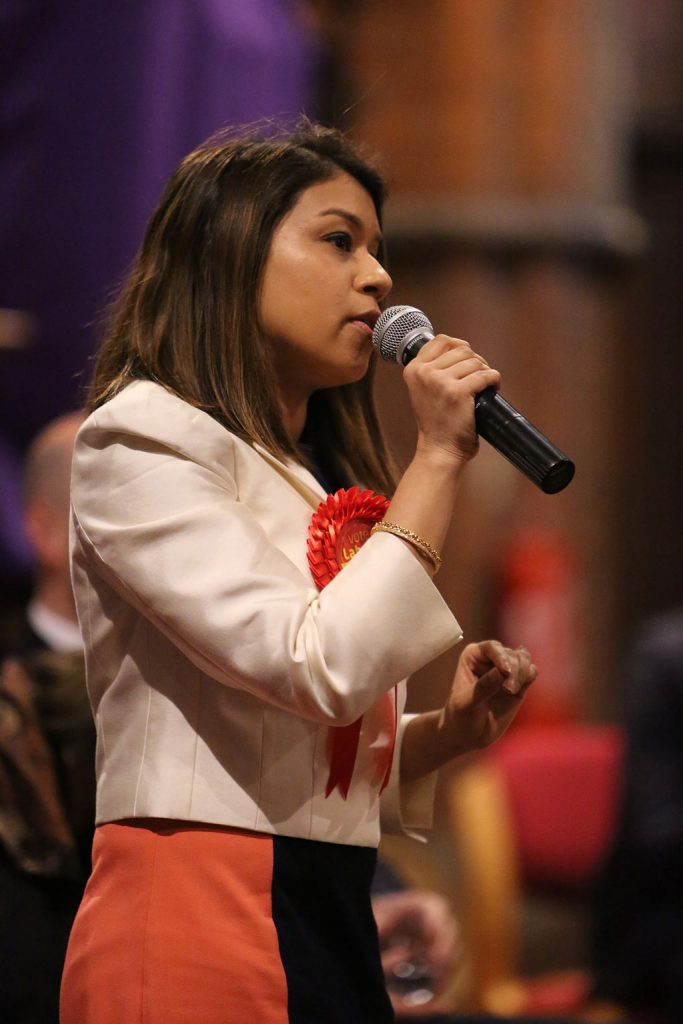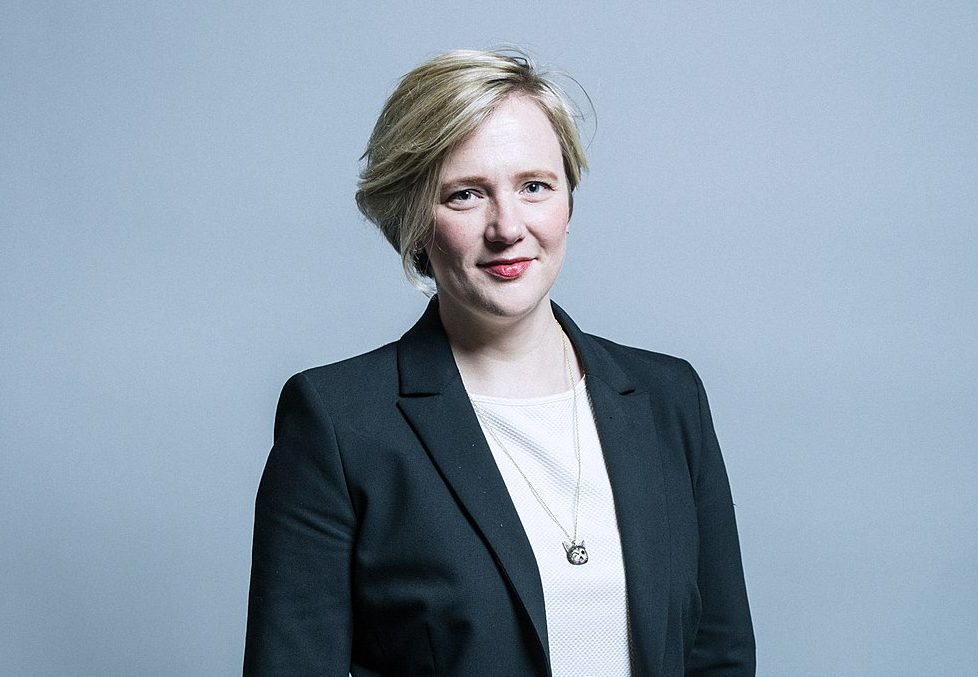Pregnant Labour MP Stella Creasy has said that women are forced to choose between “being an MP and being a mum” because Parliament does not recognise her right to maternity leave.
In a piece for the Guardian, the Member of Parliament for Walthamstow wrote that the Independent Parliamentary Standards Authority (IPSA) – the body which regulates MP’s pay and employment rights – said it could not afford maternity leave and that no paid cover would be available for any constituency work done outside the House of Commons.
Ms Creasy also detailed suffering two traumatic miscarriages previously. She said she continued working “aching and bleeding” after the first, and held a public meeting just one day after the second.
“Now I’m pregnant once more and terrified – not just that it will go wrong again, but because I know that my resolve to keep my private and professional lives separate has become impossible,” she wrote on why she decided to speak out about the issue.
‘It Is Making Me Beg For Extra Staff Funding’
She added that IPSA turned her down when she approached them to provide paid cover during her leave.
“Humiliatingly, it is making me beg for extra staff funding – or give up any chance of spending time with my child to make sure my constituents don’t miss out,” she wrote.

Photo credit: Stella Creasy MP at the Labour Party Conference in 2016/Wikimedia
“It doesn’t seem right that communities should be penalised for having a woman as its MP,” she told BBC Radio 4 on Tuesday morning.
“We’re giving people another reason not to appoint women to the House of Commons.”
‘Deeds Instead Of Words’
Ms Creasy’s article comes months after MPs backed a 12-month trial to allow MPs who are about to give birth, or had recently become a parent, to nominate another MP to vote on their behalf in the Commons.

Photo credit: Tulip Siddiq MP speaks/Wikimedia
It followed Labour MP Tulip Siddiq’s decision to delay a Caesarean section to attend a vote on the first Brexit deal in January. She was pushed into the lobby in a wheelchair to cast her ballot ahead of the procedure.
Ms Siddiq became the first MP to vote in the Commons by proxy later the same month.
Even so, Ms Creasy went on to write, not being granted maternity cover meant that Ms Siddiq “had to return to casework three days after a C-section”.
“For all the talk of being family friendly, Westminster is still struggling to offer deeds instead of words,” she continued.
“And if we can’t get this right for MPs, how can we get this right for parents elsewhere?”
Do Women In The UK Have A Right To Maternity Leave?
Paid maternity leave is often argued to be a necessity in achieving gender equality in the workplace.
Outside of Parliament, the Equalities and Human Rights Commission (EHRC) outlines maternity rights in the UK very clearly.
Women are entitled to up to 52 weeks of maternity leave, and must take at least two weeks’ leave after the baby is born. For factory workers, this compulsory leave is four weeks.
They are eligible to be paid for six weeks at 90 per cent of their average weekly earnings and 33 weeks at £149 or 90 per cent of their average weekly earnings if it is lower than this.
Fathers are also entitled to two weeks’ statutory paternity leave at £149 a week.
According to the EHRC, it is unlawful maternity discrimination to treat a woman unfavourably if she is on compulsory maternity leave, is trying to take or extend her leave, or has already tried to take additional leave.







